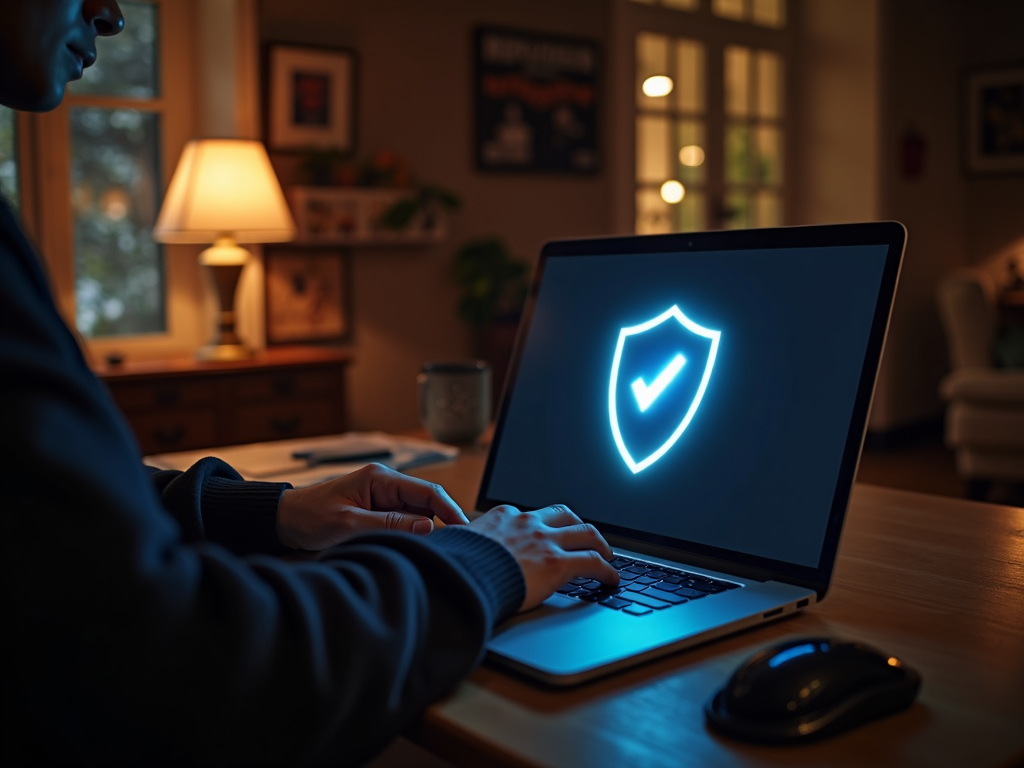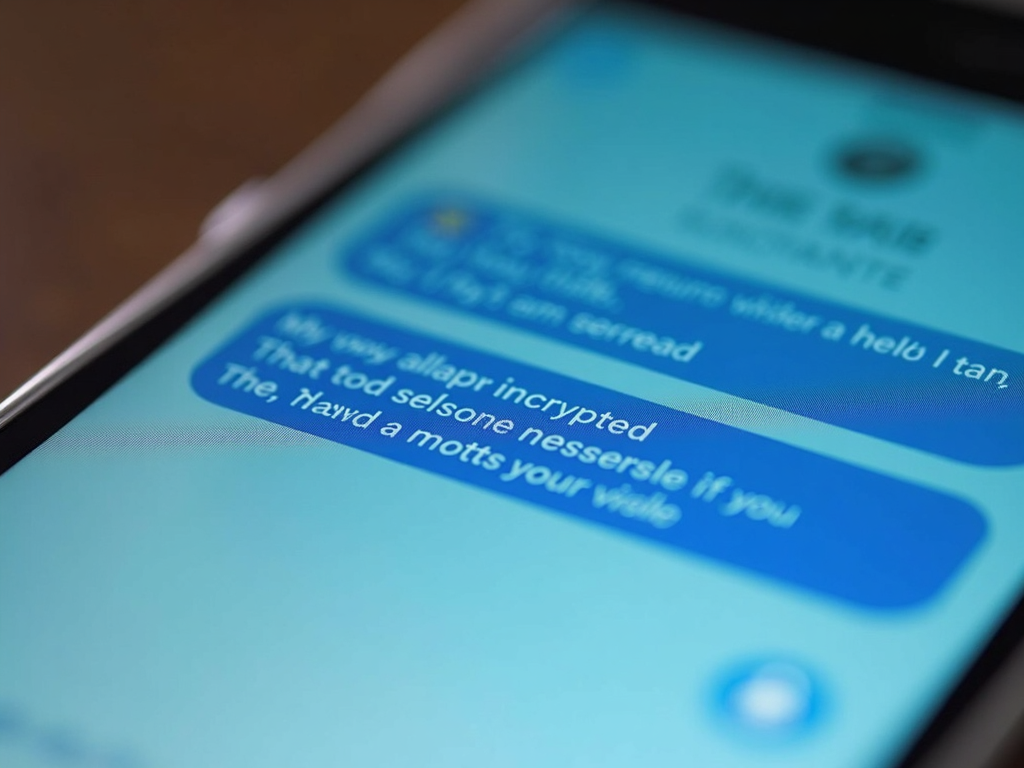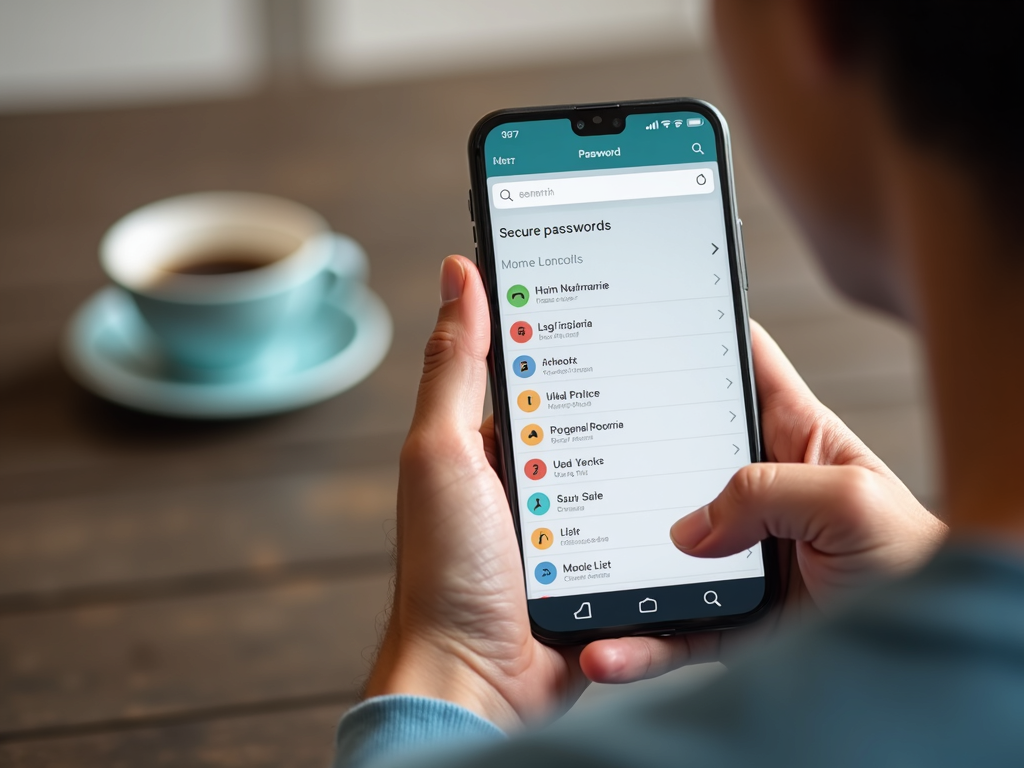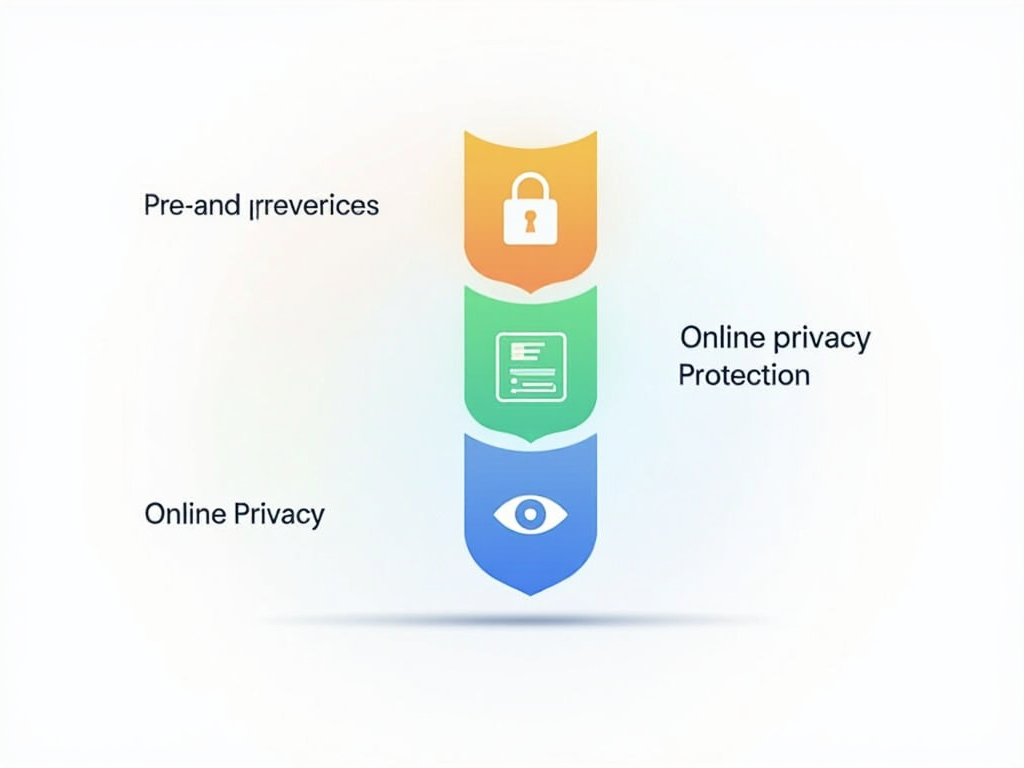Protect Your Online Privacy: A Comprehensive Guide to Online Privacy Tools
In today's digital world, keeping your online privacy safe matters more than ever. With so much personal info shared online, using the right tools can protect you. This guide covers the best online privacy tools and how to use them well.
What Is Online Privacy and Why Does It Matter?
Online privacy means keeping your personal details and online actions safe. This includes things like your search history, messages, and social media posts. Today, risks like data breaches and identity theft are growing. Protecting your online privacy helps you stay secure.
If you don’t take steps to protect yourself, bad things can happen. Hackers might steal your info for fraud. Advertisers could track you, or even governments might watch what you do. Online privacy tools can lower these risks and give you peace of mind.

Types of Online Privacy Tools
There are many online privacy tools out there, each helping in its own way. Here’s a look at the main types:
- VPNs (Virtual Private Networks): These hide your internet activity by encrypting your connection. They’re great for staying private online.
- Encrypted Messaging Apps: These keep your chats safe with end-to-end encryption, so only you and the recipient can read them.
- Privacy-Focused Browsers: These block trackers and ads to keep your browsing habits secret.
- Password Managers: These create and store strong passwords so your accounts stay secure.
Some top tools include NordVPN for VPNs, Signal for messaging, Brave for browsing, and LastPass for passwords.

How to Pick the Best Online Privacy Tools
Choosing the right tools depends on what you need. Ask yourself: What am I protecting? If it’s your browsing, go for a privacy-focused browser. If it’s your chats, pick an encrypted messaging app.
Also, think about ease of use and cost. Some tools are free, others cost money. Check reviews to see what works best. I’ve learned that tools with strong encryption and good reputations are worth it. For example, a study from MIT shows encryption is key to stopping data leaks.

Using Online Privacy Tools the Right Way
Having the tools isn’t enough—you need to use them smartly. Here’s how:
- VPNs: Turn on your VPN on public Wi-Fi, like at a coffee shop, to keep your data safe.
- Messaging Apps: Use apps like Signal for private talks, like planning a surprise or sharing bank details.
- Browsers: Make a privacy-focused browser your go-to for all web surfing.
- Password Managers: Let them make hard-to-crack passwords for every site.
I’ve used these myself. For instance, I switch on NordVPN when traveling, and it’s saved me from sketchy networks. Combining tools like this builds a strong shield for your online privacy.

Keeping Up with Online Privacy Changes
Online privacy keeps changing. New risks pop up, but so do new tools. Staying in the know helps you stay safe.
Check out these sources:
- Electronic Frontier Foundation (EFF): They fight for digital rights and share privacy tips.
- PrivacyTools: A site with advice on the best privacy tools.
- Tech blogs or forums like Reddit’s privacy community.
I follow EFF updates myself—it’s how I learned about tracker-blocking browsers. Staying updated keeps your online privacy strong.

Wrapping Up
Your online privacy is worth protecting. Tools like VPNs, encrypted messaging apps, privacy-focused browsers, and password managers can keep you safe. Pick what fits your life, use them well, and stay updated on privacy news. You’ll feel more secure online every day.